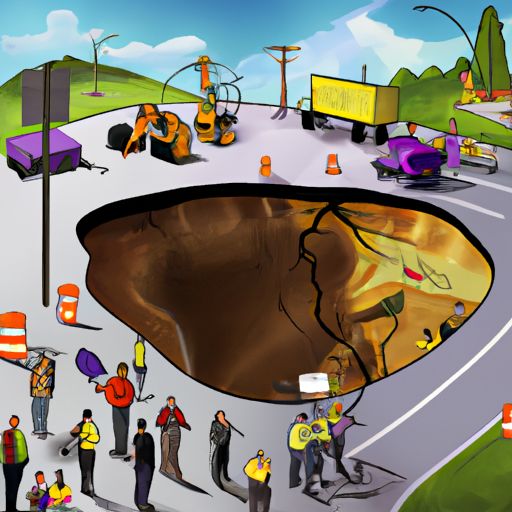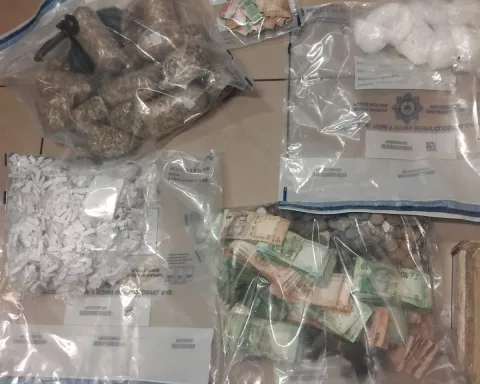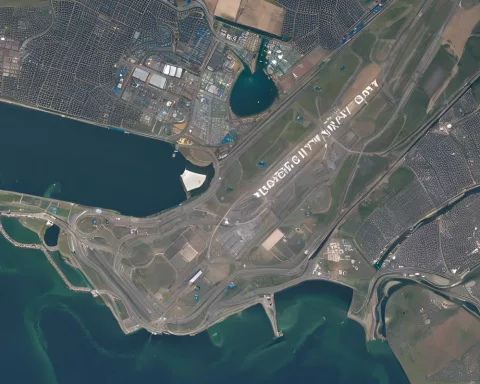Due to the repair work on a collapsed bulk sewer main, Cape Town motorists and residents have been experiencing traffic delays and diversions. The collapsed main caused a sinkhole that severely impacted traffic on Prince George Drive, and the repair work is expected to take several weeks to complete. Despite the inconvenience and disruption caused to motorists and residents, the repair work is treated as an emergency. The City is working to ensure it is completed quickly and safely.
Extent of Damage and Repair Work
The road surface will need to be excavated, and tar will need to be removed during the repair. Additionally, a significant amount of sand will need to be mined, and shoring will need to be installed to prevent the excavation site from collapsing. To prevent the 990 mm diameter bulk sewage main from collapsing further, removing a section of the line or the entire line entirely is necessary. This may cause the repair process to take longer. The Water and Sanitation Directorate is presently determining the severity of the damage, and contractors for the City of Cape Town are working around the clock to replace pipelines between 25 and 30 meters in length.
Contractors will work four meters below ground level to rebuild damaged infrastructure throughout this repair work, which is projected to take up to six weeks to complete. To lessen the repair work’s impact on traffic, the City’s traffic service has developed a trial contraflow. On a trial basis, the southbound dual carriageway of Prince George Drive has been converted into a two-way street between 5:00 AM and 3:00 PM. The southbound lane will be converted back into a dual carriageway towards Muizenberg during the afternoon peak. Drivers traveling northbound will be expected to take the original diversions through Joe Marks Boulevard.
Positive Impact of Traffic Diversions on Cafda
On the other side of Prince George Drive, a two-way traffic system has been created, which will reroute cars via the residential district of Cafda. A gas station on Prince George’s Drive that had been suffering from a decline in customer volume due to the traffic diversion has seen its situation improve. However, Kevin Southgate, a councilor for Ward 72, stated that the traffic detour might linger for up to six weeks.
Drivers and residents are strongly encouraged to exhibit patience and caution, as well as to observe the detours that have been put in place for traffic, to protect themselves and the safety of others. The maintenance work is being given high priority, and city authorities are doing all in their power to minimize the impact it will have on traffic and safeguard the safety of individuals in the areas that will be impacted.












